Expert tips for autism-friendly vacations: What to know before you go
— Our editors and readers independently select what you see on 10Best. When you buy through a link on our site, we may earn an affiliate commission.
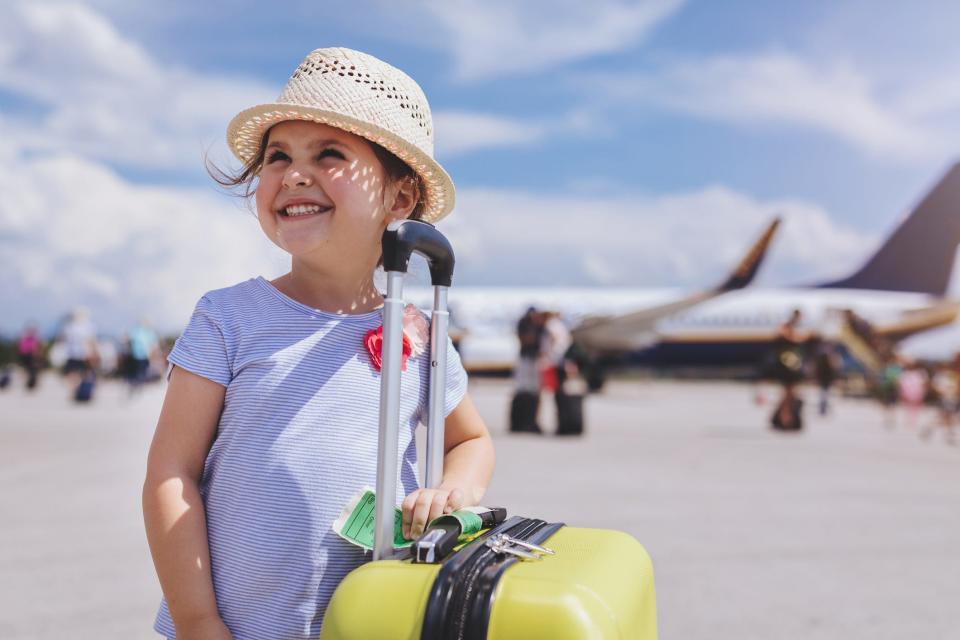
Many people with autism thrive on routine and predictability. That means traveling somewhere with new sights, sounds, and foods may be difficult for children with autism. However, that doesn't mean that autism and travel don't mix. It may take a little more planning, but autism-friendly vacations are possible.
Although I was nervous about traveling with my autistic daughter, I now find it enjoyable and rewarding. More importantly, my daughter doesn't just tolerate traveling but likes going on vacation and looks forward to our trips. With careful planning and utilizing programs created to support neurodivergent travelers, autistic children can do just about anything and go anywhere.
Can you travel with an autistic child?
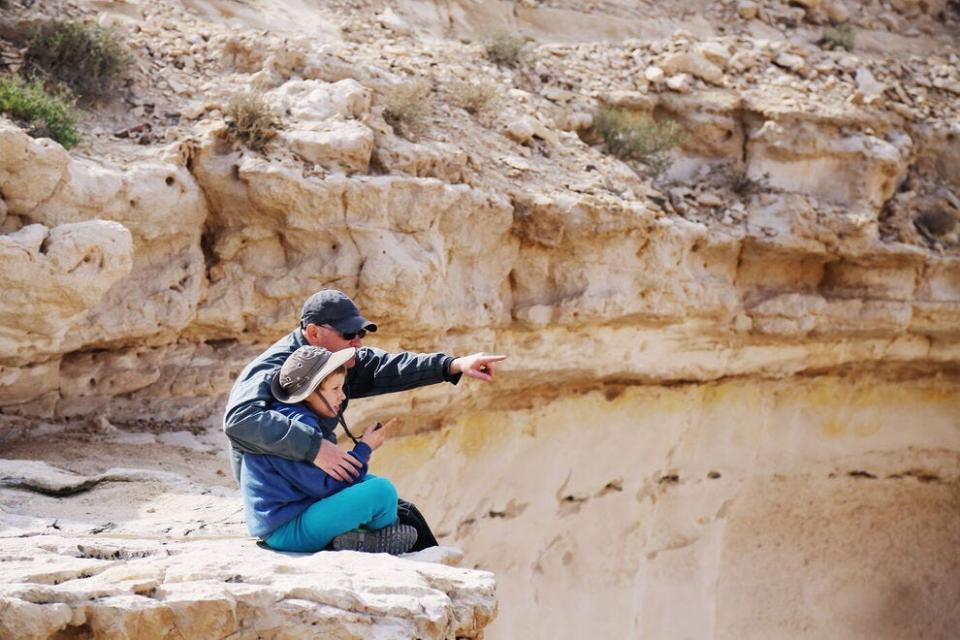
It's possible to travel with an autistic child, and the trip can be fun and relaxing. The first step in planning any vacation is selecting a destination. To create an autism-friendly vacation, consider your autistic child's interests.
Many people with autism have a special interest that they are passionate about. If your child loves animals, select a city with a great zoo or consider a safari park.
If your child is old enough, include them in planning and get their input about what they want to see or do. This will help get their buy-in and help get them excited about a family vacation. If crowds and loud noises bother your child, you don't have to cross the destination off your list; simply adjust your schedule so you visit during an off-peak season or earlier in the morning when crowds will be lighter.
Explain the trip to your child before you leave
Some autistic children feel anxious about leaving home and departing from their daily routines. Before traveling, create a schedule and explain to your child exactly where you are going and what you will be doing. Break down each step of the trip in as much detail as your child needs to feel comfortable.
For example, some autistic children may be content to know which hotel they are staying in and in which town, while others might require a step-by-step explanation of the check-in process with photos.
If going to a theme park, some children with autism will want to know which rides they will experience at an amusement park in which order, while others may feel reassured simply knowing which parks in Disney World they will visit on which days.
An autism-friendly vacation should include downtime and structure
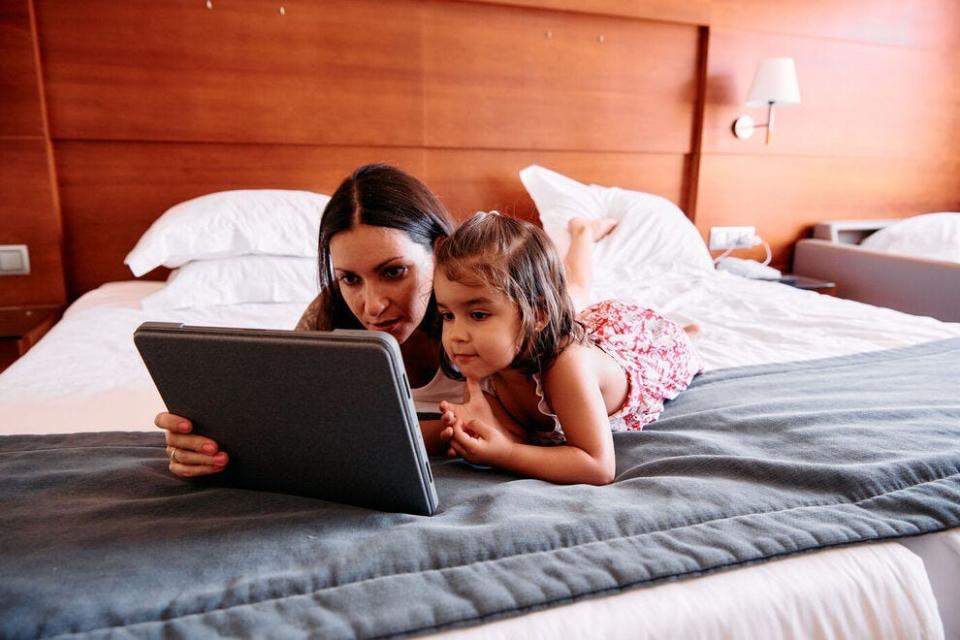
To make a vacation autism-friendly, build in some quiet time each day. Many people with autism become overwhelmed and overstimulated quickly, especially when they are away from home.
Travel plans should include some downtime for an autistic child to decompress each day. For some families, that might mean splitting up for a few hours while one parent returns to the hotel room with their autistic child while the other keeps exploring with a sibling.
If you can't return to your hotel, look for a quiet space wherever you are. Many attractions have quiet rooms where children with autism can go when they need a break. A park or walk down a quiet street can also work.
Create a vacation routine
Try to create a routine while on vacation. While part of the fun of traveling is departing from a strict schedule, making even a basic routine can help an autistic child adjust more easily. For example, eating breakfast at the same time every day, followed by an activity, and then returning to the hotel room before lunch can help an autistic child feel grounded.
If an autistic child discovers a new favorite food on vacation, incorporate it into their vacation routine so they have something to look forward to each day.
Create an autism-friendly vacation with plenty of comfort items
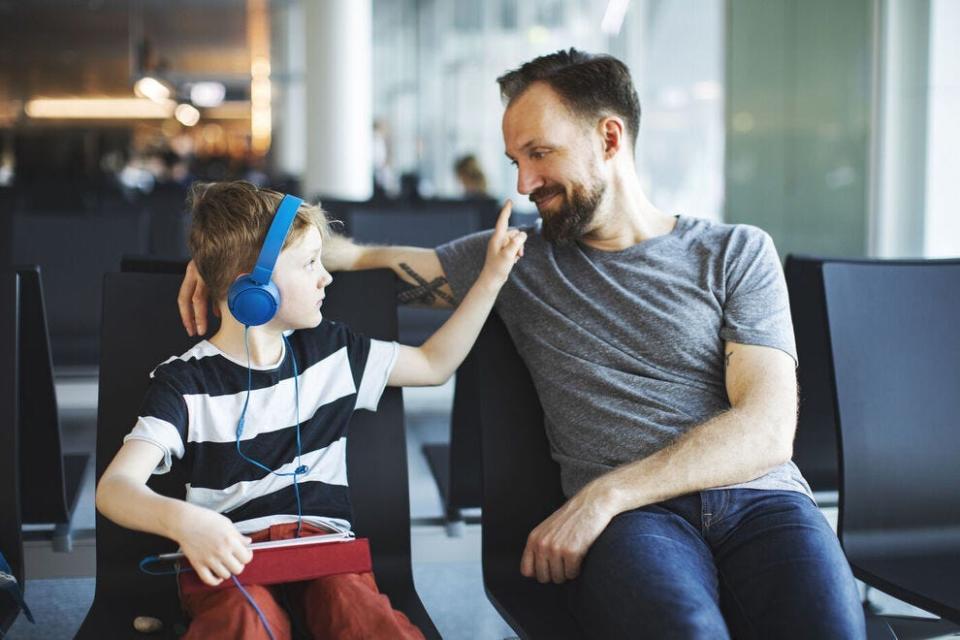
Whether your trip is a staycation close to home or an adventure in a far-flung location, bringing some comfort items can help.
Many people with autism are especially sensitive to loud sounds. Noise-canceling earphones can help make visiting crowded locations more tolerable. Fidgets can help children with autism get through long waits or a visit to an attraction they may not enjoy.
Read more How these 8 neurodivergent travel programs are making traveling easier
Additionally, bringing favorite items from home, such as favorite foods and a soft blanket, can help create an autism-friendly vacation everyone enjoys.
Flying with autism: Do airlines accommodate autism?
Flying can be difficult for some people with autism. Crowds, the stress of having to wait in multiple lines, cramped seats, and the constant stream of loud announcements are hard for many autistic people to handle.
Fortunately, several programs help support people with autism when they travel. The Hidden Disabilities Sunflower Program and TSA Cares provide accommodations that make flying with an autistic child easier.
Many airlines, including Alaska Airlines, Turkish Airlines, British Airways, and Icelandair, have support to make flying with an autistic child easier. Depending on individual needs, an autistic child may be able to bypass long security lines, receive priority boarding, and have access to other accommodations to make traveling with autism easier.
If flying with an autistic child still sounds too challenging, create an autism-friendly vacation closer to home within a few hours' drive.
Choosing autism-friendly vacation destinations
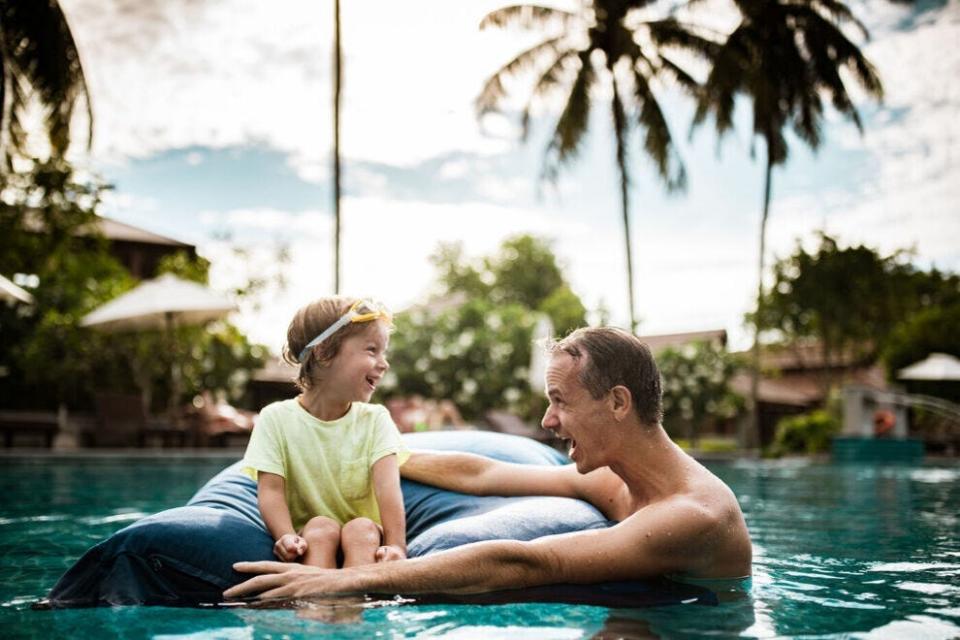
Some hotels, resorts, and attractions are autism-certified, meaning that staff has undergone rigorous training to support the needs of autistic guests. Heading to an autism-certified location takes a lot of the guesswork out of traveling with autism because guests can be confident that their child won't be merely tolerated but welcomed and accepted.
For example, chefs at autism-certified resorts should know that some autistic guests do not like different foods on their dinner plates to touch each other. Security guards may be alert for autistic children who wander away and understand the urgency of finding them quickly. Check-in staff should know that autistic guests may not want to make eye contact.
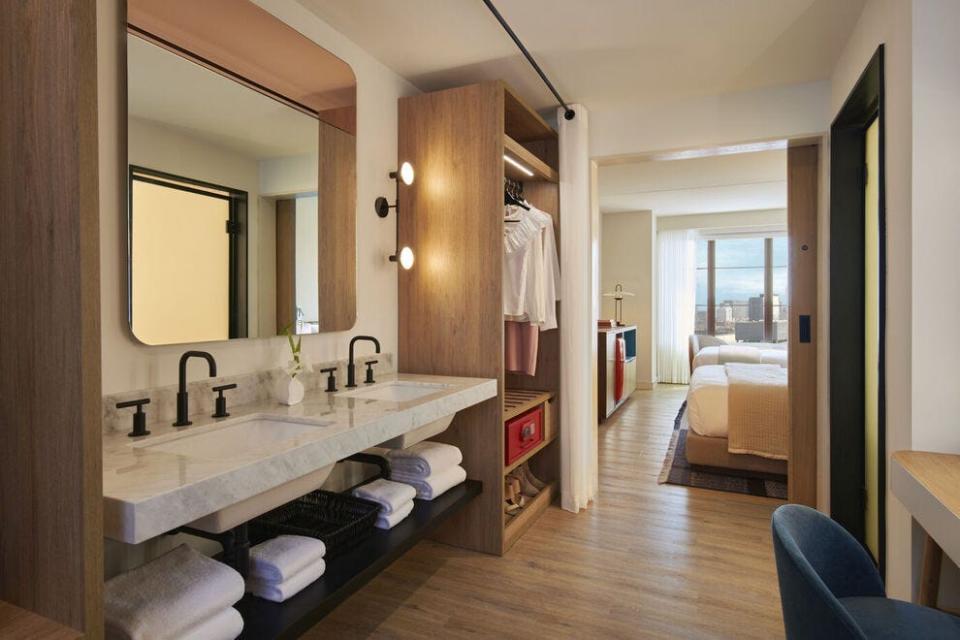
Several Hilton hotels, like the DoubleTree Hilton Hotel at the Entrance of Universal Studios, are autism-certified.
Great Wolf Lodge, a favorite resort destination for families, recently became autism-certified.
Virgin Hotels has a program offering practice stays at a discounted rate for families with autistic children, so they can gain experience staying in a hotel close to home before taking a more extended vacation.
All Beaches resorts are autism-certified and have staff trained to care for autistic children on-site.
Some hotels, such as the JW Marriott Desert Springs Resort & Spa, provide the weighted blankets favored by many people with autism, along with sound machines and fidgets upon request.
This article originally appeared on 10Best.com: Autism-friendly vacations: Create the best family trip yet


